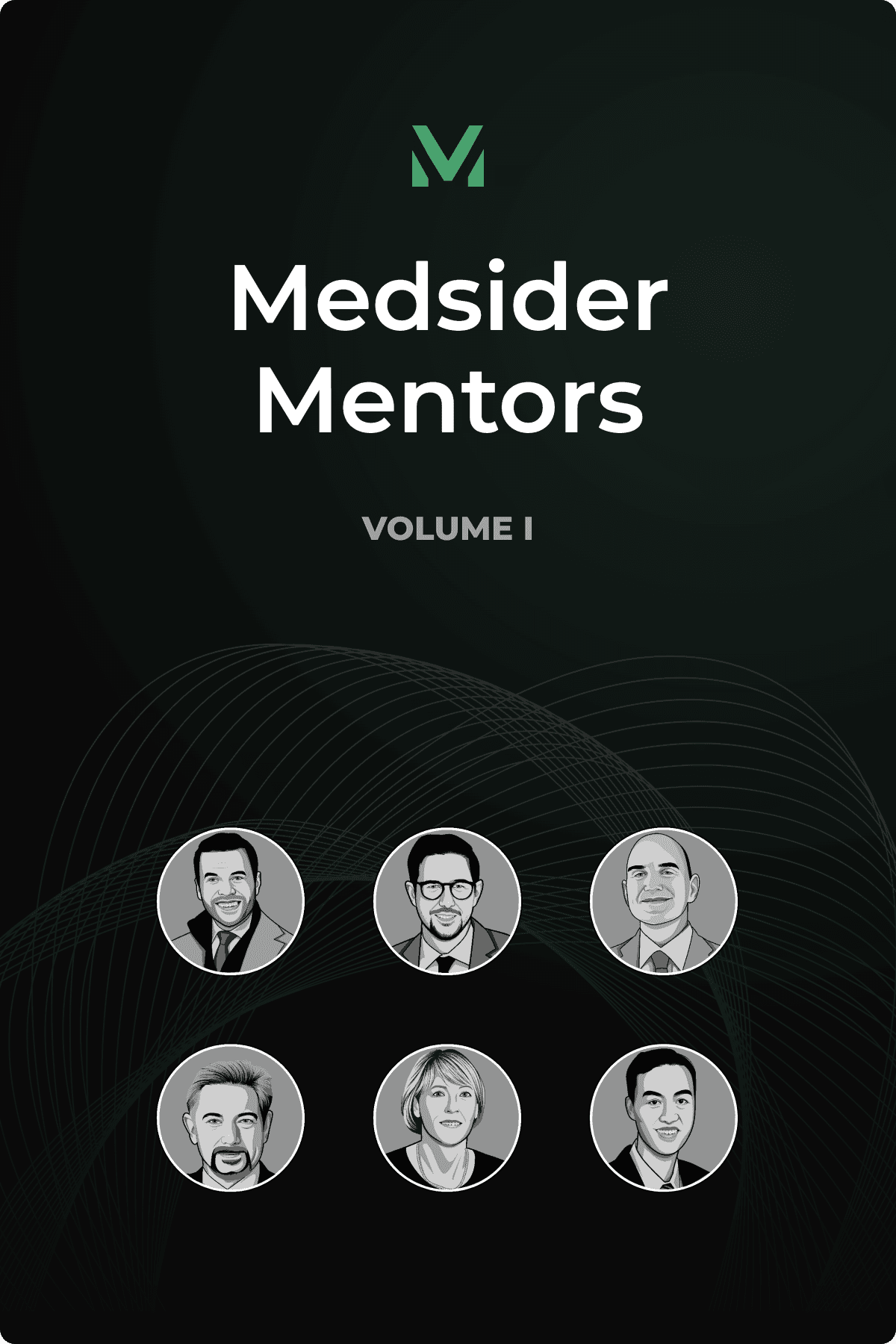How Will These 2 Major Healthcare Changes Affect Medical Device Companies
Interview with Brian Contos

How will healthcare reform affect care delivery and reimbursement? And what will the impact be for medical device companies?
These are probably the 2 biggest questions that medtech companies need to answer in order to succeed in the future.
Unfortunately, there aren’t solid answers at this point. But there are some people that can help!
In this interview with Brian Contos, Executive Director for the Advisory Board Company, we learn how medical device companies can respond to the changing healthcare dynamics.
Interview Highlights with Brian Contos
Brian explains the following trends: From 2005-2011, lower extremity angioplasty procedures increased by 67%, venous ablations increased by 400%, and venous angioplasty 62%. Yet coronary intervention procedures decreased by 20%.
How will the increased scrutiny regarding the appropriateness of certain procedures impact healthcare providers and medical device companies?
The number of hospitals offering catheter-based revascularization has increased by 30% over last 10 years. What are the results of these trends?
How will reduced reimbursement affect the recent influx of POL’s (physician-owned labs)?
From 2008-2013, inpatient reimbursement of peripheral arterial revascularization increased by 15%. However, physician fee schedules for endovascular specialists have decreased substantially over the last 5 years. Will this continue?.
Value-based purchasing (VBP) programs, readmissions reduction incentives, value-based payment modifiers for physicians, bundled payments for care improvement initiatives, and commercial ACOs. What do all of these healthcare delivery changes mean for medtech companies?
Percutaneous transcatheter heart valves and renal denvervation. Is there too much hype around these two spaces? Brian provides us with his expert opinion.
What is the one major initiative that medical device companies need to really grasp as we head into the new era of healthcare?
You May Like These Articles
Medsider Premium
Become a premium member and unlock access to exclusive Medsider benefits.



